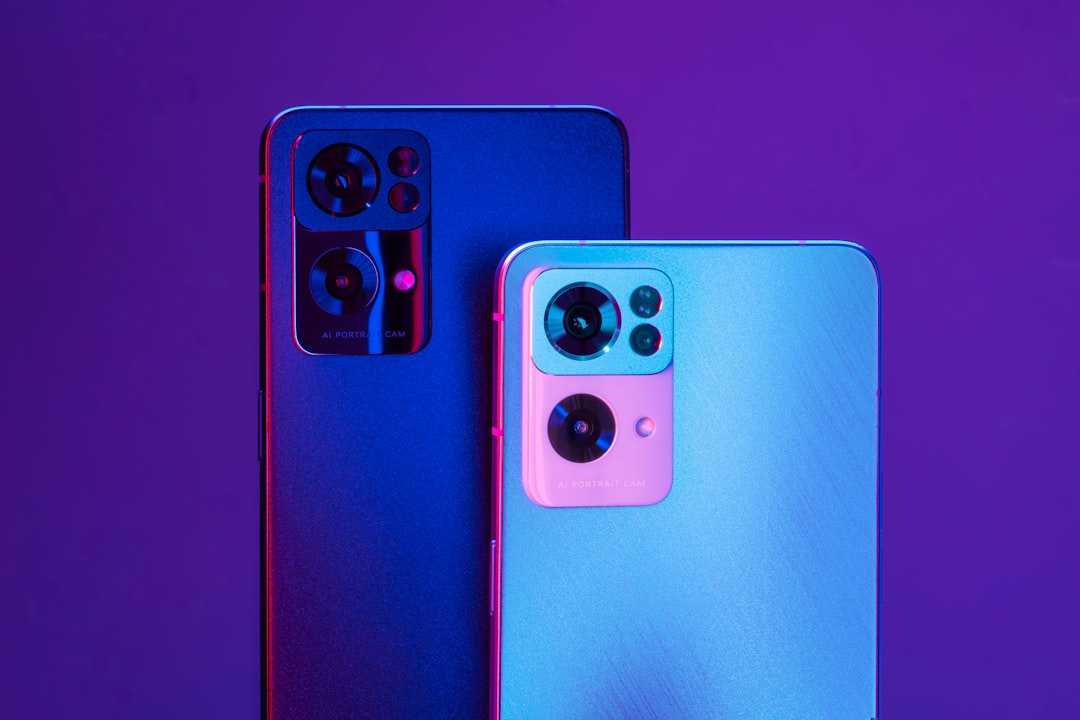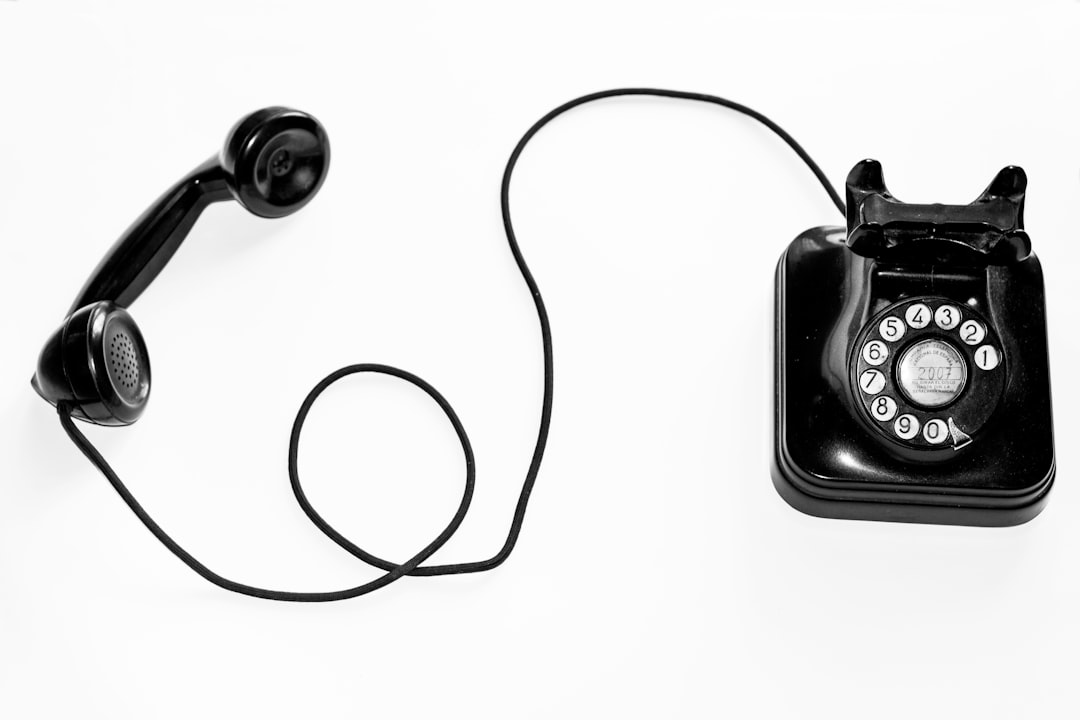In Louisiana, businesses relying on autodialers for marketing need an autodialer attorney to navigate complex TCPA regulations and consumer privacy laws. With the evolving legal landscape, Louisiana law firms adopt autodialers for improved efficiency and client communication, integrating predictive analytics and AI. Future regulations aim to protect consumers from unwanted calls, driving innovations in autodialer software like do-not-call lists and consent management. The future of autodialers in Louisiana looks bright with advancements in software and hardware, but ethical concerns regarding privacy and consent remain paramount for autodialer attorneys.
“The future of autodialers in Louisiana is a topic of growing interest, as these automated communication tools evolve and shape the way businesses interact with consumers. This article explores the trends and predictions surrounding autodialers, delving into their legal implications from an attorney’s perspective in Louisiana. We analyze current trends, anticipate regulatory changes, and discuss advancements in software and hardware. Additionally, we address the ethical considerations and challenges that autodialer attorneys may face in this rapidly changing landscape.”
Understanding Autodialers: A Legal Perspective in Louisiana
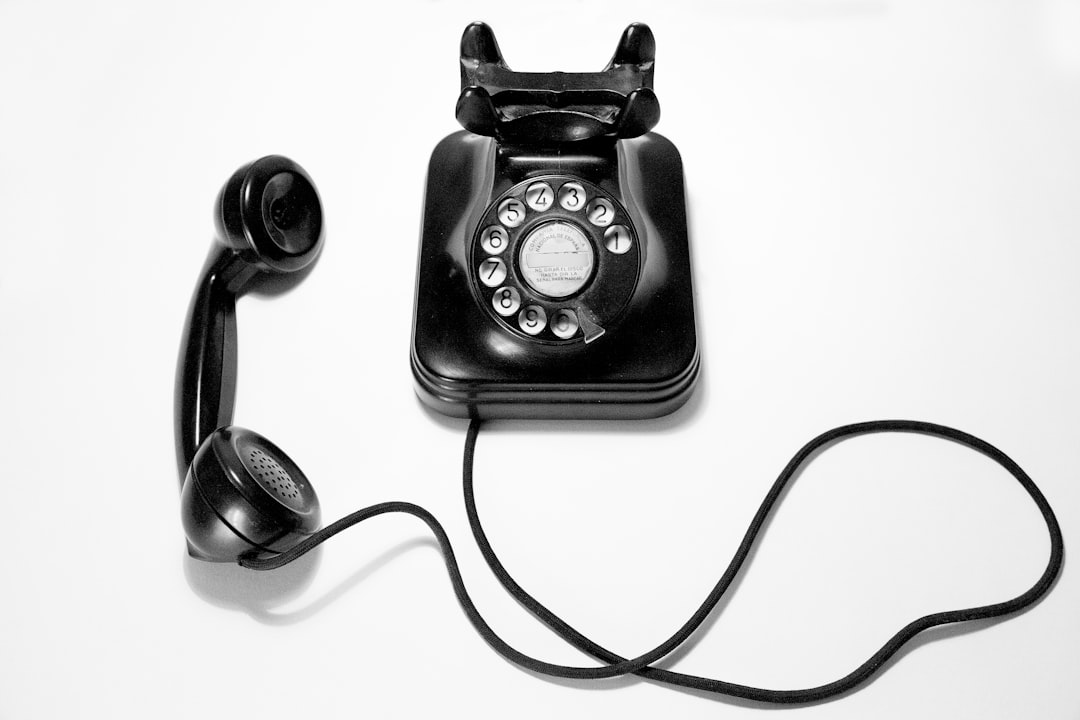
In Louisiana, understanding autodialers involves navigating a complex legal landscape. The state’s laws and regulations play a crucial role in shaping how businesses utilize autodialers for marketing and communication purposes. An autodialer attorney in Louisiana is essential for ensuring compliance with laws such as the Telephone Consumer Protection Act (TCPA), which restricts automated calls made without prior consent. These legal experts help businesses craft strategies that respect consumer privacy while leveraging the benefits of autodialing technology.
For instance, an autodialer attorney can guide companies on obtaining proper authorization, managing do-not-call lists, and delivering transparent disclosures during automated calls. Staying informed about Louisiana’s legal trends in this area is vital for businesses aiming to stay ahead of regulatory changes that may impact their marketing strategies. Such insights are particularly important given the increasing prevalence of autodialers in modern business practices.
Current Trends Shaping the Future of Autodialer Usage

The current landscape of legal services in Louisiana is witnessing a significant shift, with technology playing a pivotal role in shaping the future of autodialer usage. Increasingly, autodialers are being adopted by law firms and legal professionals to streamline communication with clients, particularly in mass outreach campaigns. This trend is driven by the need to enhance efficiency, reduce operational costs, and improve client engagement. In Louisiana, where a robust legal sector coexists with a diverse business environment, the integration of autodialers offers both opportunities and challenges for attorneys.
One prominent trend is the rise of predictive analytics and personalized marketing, enabling autodialers to make data-driven decisions when initiating calls. This technology ensures that each client receives tailored communication, enhancing the overall customer experience. Additionally, with advancements in artificial intelligence, autodialer systems are becoming more sophisticated, capable of understanding complex legal queries and providing efficient support to both attorneys and clients. These developments position Louisiana’s legal community to embrace a future where autodialers not only facilitate communication but also contribute to the delivery of high-quality legal services.
Regulatory Changes and Their Impact on Autodialer Technologies
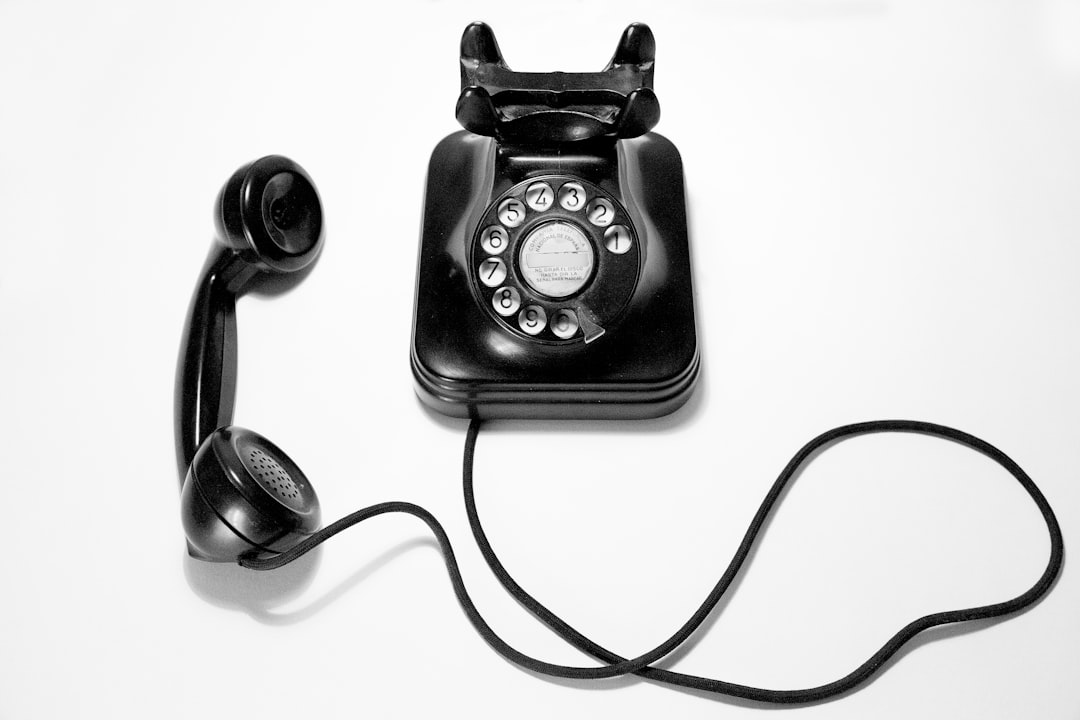
The future of autodialers in Louisiana is closely tied to regulatory changes that shape communication technologies. As consumer privacy becomes a paramount concern, state and federal regulations are evolving to protect individuals from unwanted automated calls. These adjustments significantly influence the development and deployment of autodialer technologies. In Louisiana, an autodialer attorney plays a crucial role in navigating these legal landscapes, ensuring businesses comply with emerging standards.
Regulatory updates often drive innovations in autodialer software, pushing developers to create more sophisticated and compliant systems. For instance, implementing do-not-call lists, call authentication, and consent management features are now industry norms. These changes not only safeguard consumers’ rights but also empower businesses to utilize autodialers effectively while avoiding legal repercussions. The ongoing dialogue between regulators and industry experts ensures that Louisiana remains at the forefront of responsible autodialer usage, fostering a harmonious balance between technological advancements and consumer protection.
Predicted Advancements in Autodialer Software and Hardware
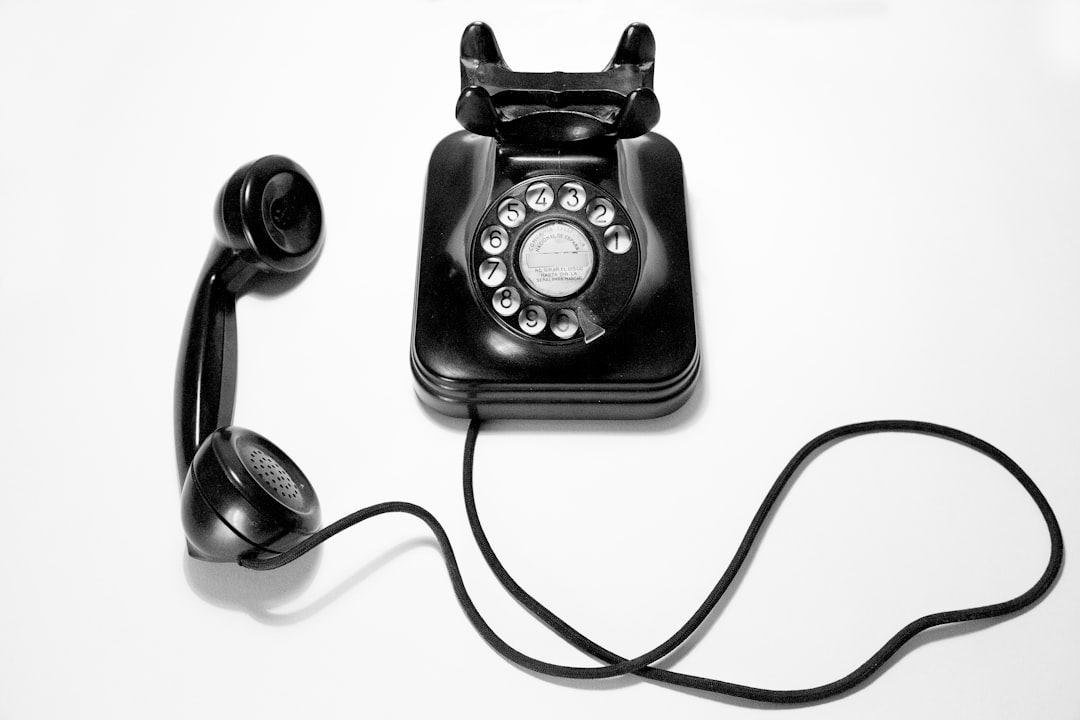
The future of autodialers in Louisiana is poised for significant advancements, driven by innovations in both software and hardware technologies. In terms of software, expect enhanced integration with legal case management systems, allowing efficient data flow between autodialer platforms and case tracking tools. This integration will streamline processes for autodialer attorney teams in Louisiana, improving communication with clients and reducing administrative burdens.
Hardware advancements are also set to revolutionize the industry. More powerful yet energy-efficient processors will enable faster dialing speeds and better real-time analytics. Additionally, improved networking capabilities will enhance coverage areas, ensuring broader accessibility for Louisiana’s legal professionals. These technological leaps will make autodialers indispensable tools for attorneys in Louisiana, optimizing their outreach strategies and client engagement.
Ethical Considerations and Potential Challenges for Autodialer Attorneys

As autodialers become increasingly integrated into legal practices in Louisiana, ethical considerations and potential challenges emerge for autodialer attorneys. One primary concern revolves around consumer privacy and consent. With automated phone calls, ensuring explicit permission from individuals before contacting them is essential to adhere to data protection regulations. Autodialer attorneys must navigate complex laws governing telemarketing and consumer rights to avoid legal repercussions.
Additionally, the potential for abuse and harassment through autodialing systems poses significant challenges. Attorneys representing clients using autodialers must implement robust safeguards to prevent unwanted or excessive contact with recipients. Balancing effective communication with respect for individuals’ privacy and autonomy will be crucial for autodialer attorneys in Louisiana as this technology continues to evolve.
